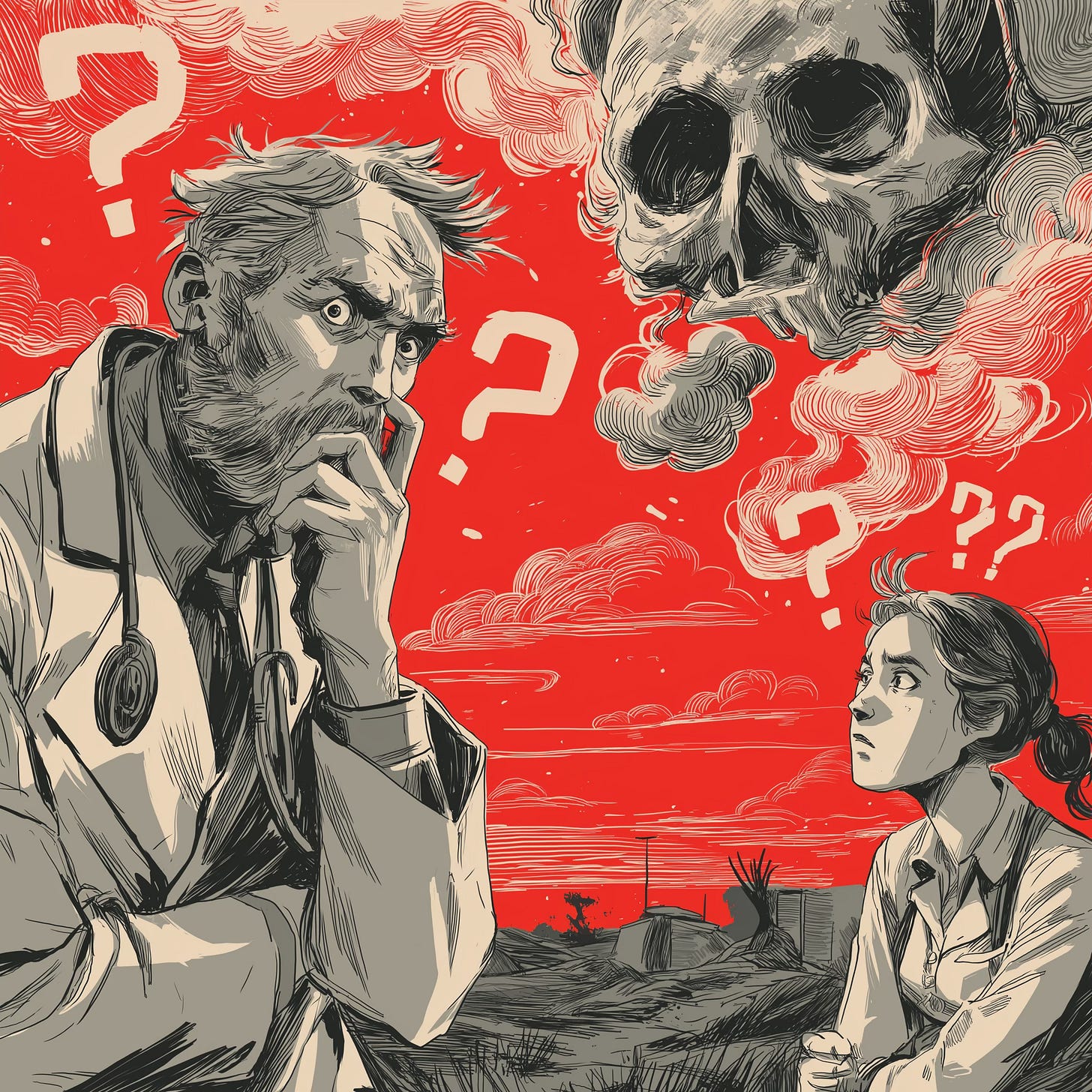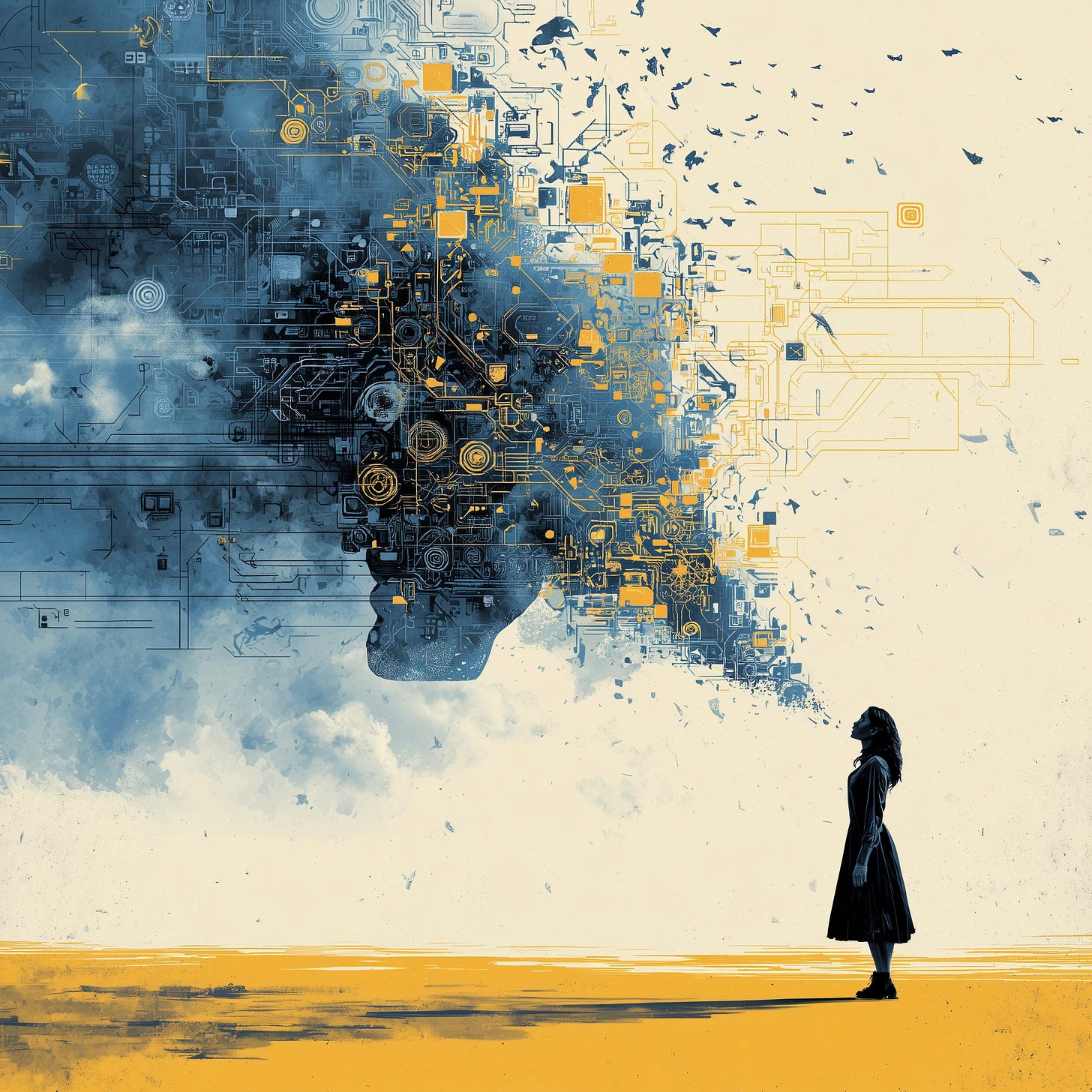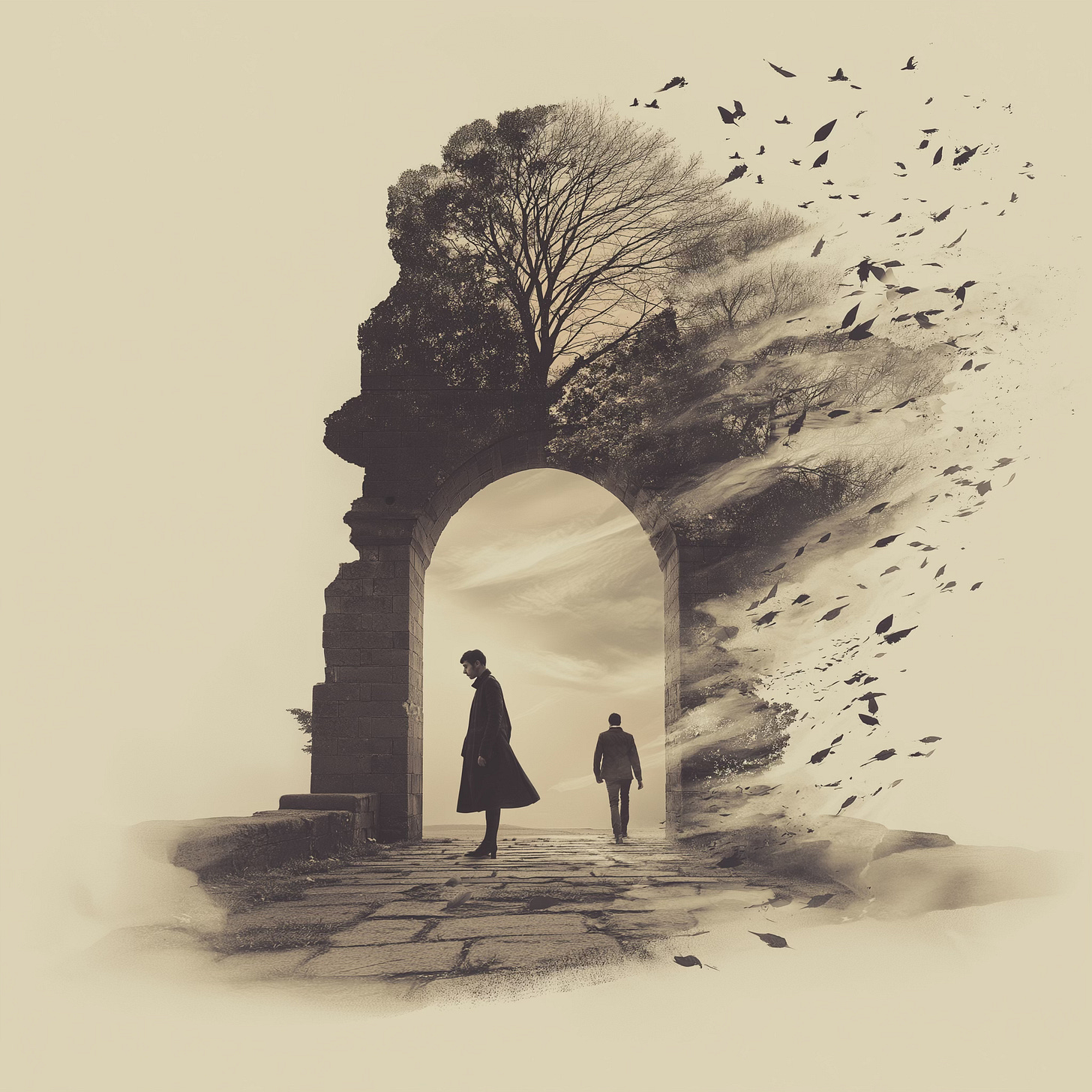The Mystery We’re Losing
Why explaining everything risks shrinking the very container we live in
From Containers to Labels
In Choosing Our Containers I explored the ways we shape and are shaped by the vessels we willingly step into—families, businesses, traditions, communities. They are imperfect but grounding, often defining the arcs of our lives more than any single choice we make.
But lately, our containers feel smaller. Not because the world has shrunk, but because we have. Instead of living inside broad and sometimes leaky vessels of identity—“I’m my mother’s child,” “I’m an artist,” “I’m stubborn but loyal”—we’ve begun filing ourselves into narrower drawers marked with clinical stickers. Shy becomes autistic. Forgetful becomes ADHD. Passionate becomes trauma-driven. Labels are faster than containers, but they carry less room for mystery.
In the process, we confuse diagnosis with destiny. The story of who we are becomes less about the shared container we grow within, and more about the pathology we’re told explains us. A container once let us expand; a label keeps us categorized.
The Cost of Explaining Everything
There’s comfort in explanation. The boom of the mental-health industry and the algorithms that feed us therapeutic shorthand have convinced us that the work of living is mostly analysis. Every trait, every feeling, every decision gets traced backward into childhood or forward into neurology .
But in exchange for clarity, we have bartered away enchantment. Mystery, romance, and accident—once the fuel of art, of family lore, of falling in love—are treated as glitches in need of debugging. We don’t say, she blushes like her mother did. We say, she has social anxiety. We don’t say, he is earnest and hardworking. We say, he is an insecure overachiever.
What happens when character itself disappears? When wedding vows and eulogies are reduced to diagnostic code? The danger is not just linguistic. It is existential. If everything is explained, then nothing is chosen. We are no longer living out our containers—we are living under our categories.
Leaving Ourselves Unsolved
The irony, of course, is that none of this makes us freer. A generation convinced that self-knowledge is infinite is discovering that self-surveillance is endless. The more we classify, the less we seem to live .
Perhaps the braver act today is not to dissect ourselves further but to leave parts of ourselves unsolved. To remember that love, children, friendships, even careers, rarely make logical sense on a spreadsheet—and maybe that’s their point. The container worth choosing is often the one that resists tidy explanation.
In a world where products come with labels and people now do too, holding onto your mystery may be the most human declaration left. To say, I am not a symptom; I am a soul. To live as though your container is larger than your categories. To risk being misunderstood, and therefore, to truly be.
And maybe that is the seed worth planting: the permission to grow in directions uncharted, to surprise ourselves, to carry traits and quirks that don’t need pruning or labeling. Seeds don’t sprout according to diagnostic codes; they reach for the light in their own unpredictable ways. Perhaps we could do the same—trusting that what grows out of us is not always meant to be explained, only lived.






